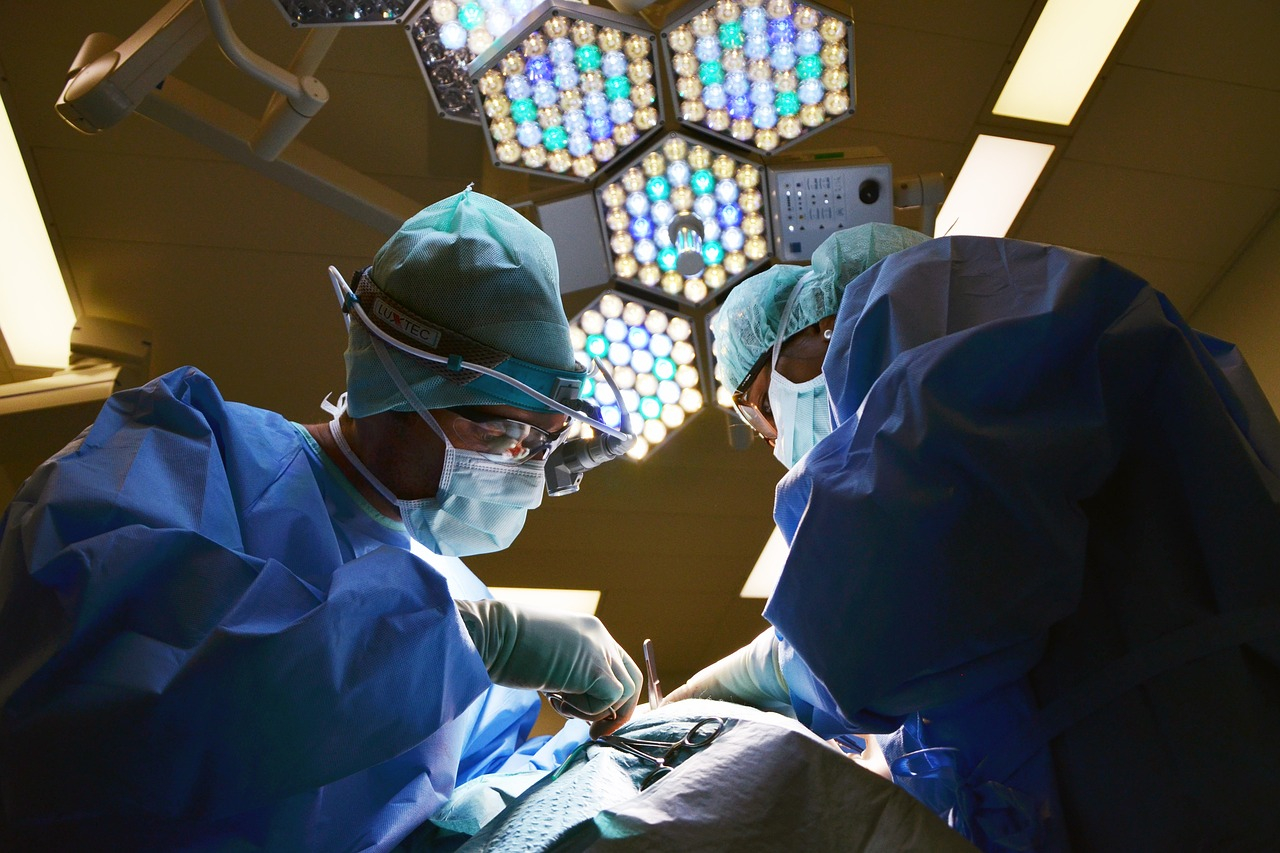The demonstration of "telepathic" capabilities by Neuralink
Noland Arbaugh, the first patient with a Neuralink chip implanted, publicly demonstrated his ability to control a computer game without the use of traditional controllers, purely through thought. This breakthrough is the result of years of research and development in the field of brain-computer interfaces, aimed at restoring mobility and independence to individuals suffering from paralysis or other serious injuries.
Innovations and technological challenges
During the event, Arbaugh shared his experiences with the process of learning to control computer cursors through thought. He initially focused on simple movements, which over time evolved into more complex operations. Despite challenges and some limitations of the technology, he proved that the Neuralink system has tremendous potential to change people's lives. Elon Musk, commenting on the project, emphasized the lack of negative side effects in the patient and his ability to control the device purely through thought.
The future of Neuralink in the context of global competition
Neuralink's goal is not only to enable communication between the brain and machines on a new level but also to open possibilities for treating a variety of neurological disorders and exploring new frontiers of human capabilities. Although Musk's company faces competition from more experienced players in the market, such as Blackrock Neurotech and Synchron, Neuralink's achievements indicate the potential for revolutionary changes in medicine and technology, highlighting the importance of research on brain-computer interfaces in the coming years.


